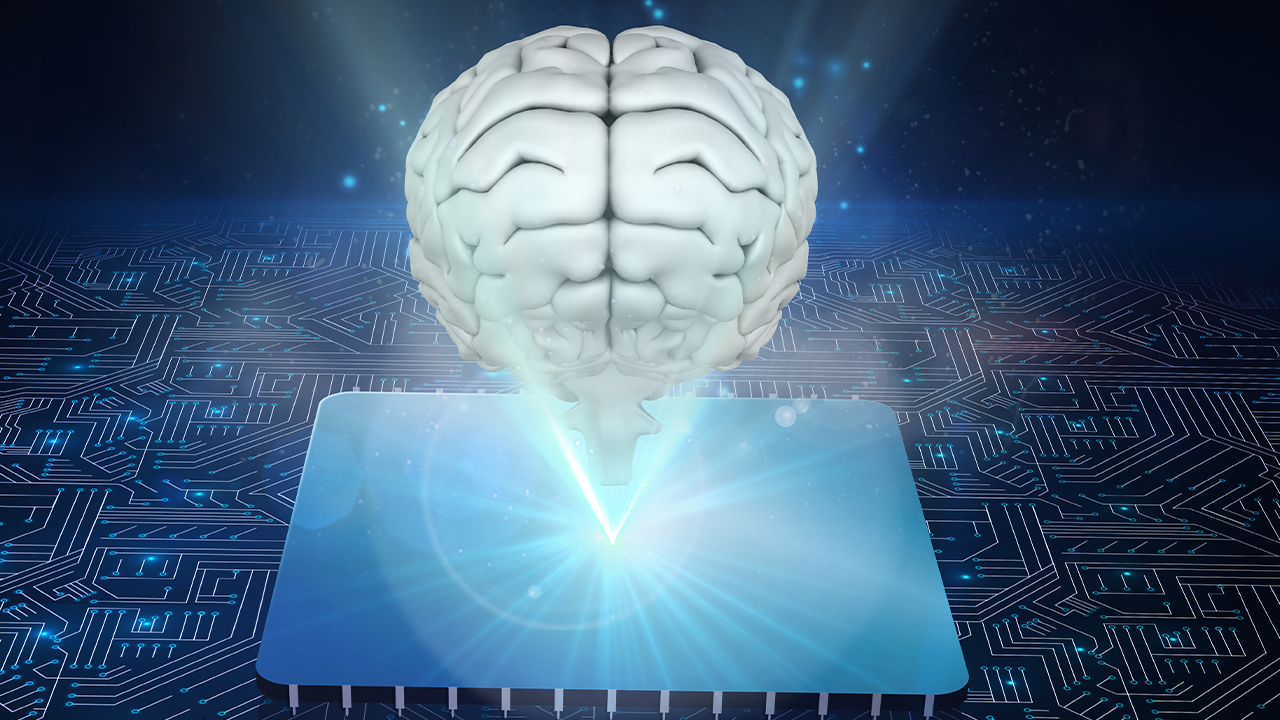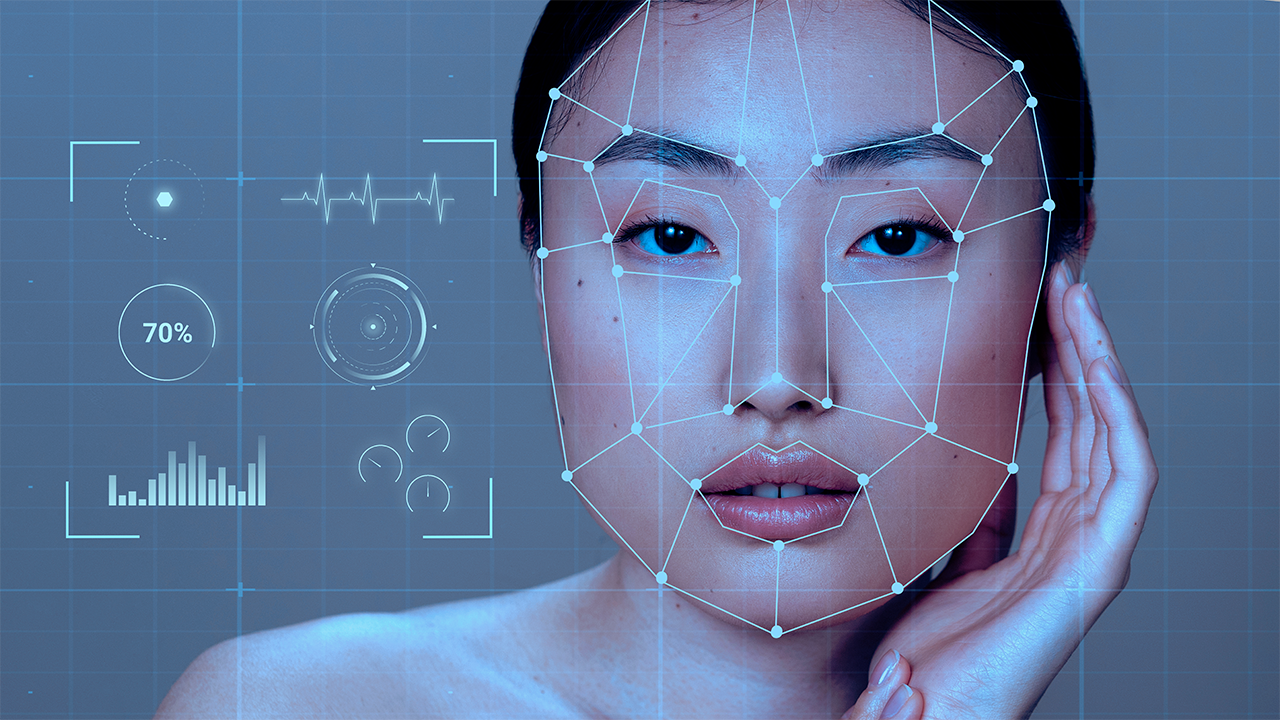
Cortical Labs' Breakthrough: The Dawn of Biological Computing
07 Aug 2024Cortical Labs, a Melbourne-based startup, has made a significant leap forward in the realm of technology by developing a computer that uses human brain cells for processing. This breakthrough technology is called DishBrain, which fuses living brain cells onto computing devices to create machines with biological intelligence.
The Journey of Creation
The DishBrain technology was created by growing human neurons into silicon, which allows the neurons to learn better than any digital model and breathe life into machines. The company's CEO, Hon Weng Chong, and his team have trained human brain cells on a computer chip to play the classic video game Pong. The cells on the chip learned to play the game and even improved their performance after receiving feedback on their play.
The Intricacies of the Technology
The DishBrain technology is a combination of human brain cells and computer chips. The neurons on the chip are connected to a computer, and they can sense and respond to their environment. The cells produced electrical activity of their own, and they expended less energy as the game continued. The technology is still in its early stages, but it has the potential to revolutionize the tech world.
Potential Impact on the Tech World
The DishBrain technology has the potential to shape the future of computing. Scientists envision combining the power of brain organoids into a type of biological hardware more energy-efficient than supercomputers. These "biocomputers" would employ networks of brain organoids to potentially revolutionize pharmaceutical testing for diseases like Alzheimer's, provide insight into the human brain, and change the future of computing.
This breakthrough technology is exciting, and it has the potential to change the way we think about computing. The tools developed towards biological computing are the same tools that will allow us to understand changes in neuronal networks specific for autism, without having to use animals or to access patients








